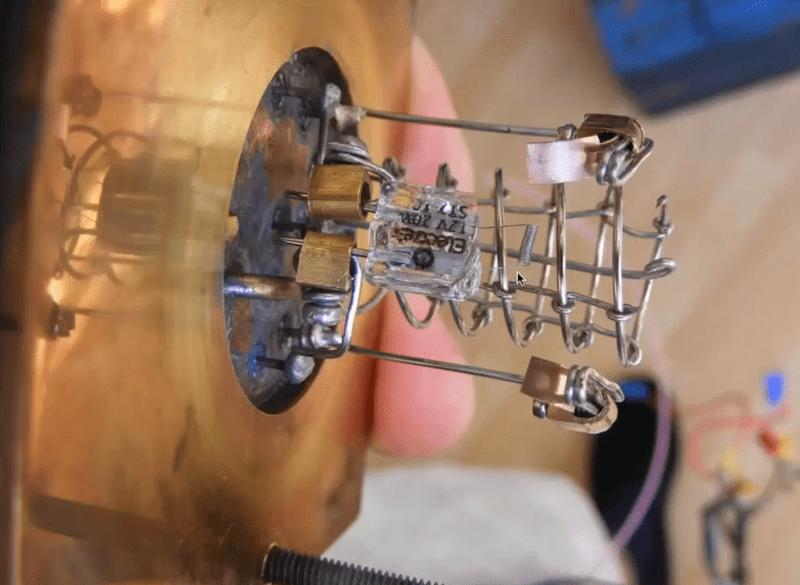Ionic cooling system melts and freezes material to cycle temperature
Heating and cooling systems are among the biggest guzzlers of energy, contributing to a vicious cycle of climate change that then drives higher use of heating and cooling. Now engineers at Berkeley Lab have developed a new technology that heats and coo… Continue reading Ionic cooling system melts and freezes material to cycle temperature
